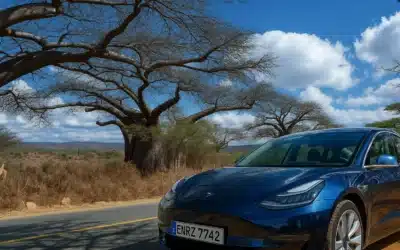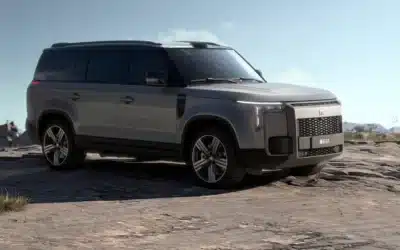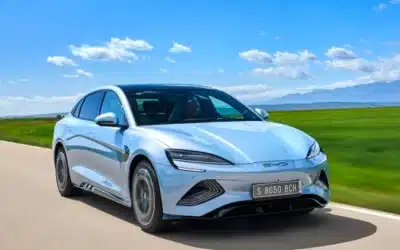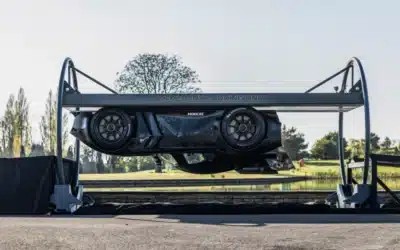
Saudi Arabia’s Minister of Industry and Mineral Resources has revealed ambitious plans to localise electric vehicle production under Vision 2030. This includes launching Ceer and aiming for a regional EV manufacturing hub supported by streamlined investment laws and mineral resource development.
During a recent session at the Qatar Economic Forum, Bandar Al-Khorayef, Saudi Arabia’s Minister of Industry and Mineral Resources, highlighted the Kingdom’s ambitions within the electric vehicle sector. He described Saudi Arabia as the largest exporter of non-locally manufactured vehicles and emphasised the nation’s strategic shift towards electric cars as a forward-thinking move, underpinning the broader vision encapsulated in Saudi Arabia’s Vision 2030 initiative.
The Minister outlined that Vision 2030 represents a significant opportunity to cultivate the automotive industry domestically, with a focus not solely on national economic diversification but also on creating added value through innovative technologies. This perspective is vital, as the Kingdom aims to integrate advanced industrial capabilities alongside its traditional sectors, especially mining. Al-Khorayef noted that modern technology is reshaping traditional metrics of industrial size and output, allowing various sectors to pursue global market opportunities rather than limiting themselves to regional demands.
Central to this vision is the establishment of two factories dedicated to electric vehicle production, with a target of rolling out 300,000 vehicles annually by 2030. This ambition is complemented by the launch of Ceer, Saudi Arabia’s first homegrown electric vehicle brand, which promises to bolster the national manufacturing ecosystem. The initiative aims not merely to fulfil local market needs but to position Saudi Arabia as a regional manufacturing hub for electric vehicles, a sector that is expected to grow exponentially in the coming years.
Investment in this sector is underscored by a robust legislative framework, aimed at streamlining processes for potential investors. Al-Khorayef highlighted that the licensing period for mining operations has drastically decreased to less than six months, a stark contrast to the global average of three to five years. This legislative efficiency is part of a broader strategy to stimulate foreign investment and foster sustainability within the mining sector, which the Kingdom plans to enhance significantly, projecting contributions of about 300 billion Riyals to the national GDP by 2030.
Moreover, the Kingdom’s commitment to electric vehicles aligns closely with its aim of becoming a global leader in mining. The national strategy incorporates not only the automotive sector but also a meticulous focus on harnessing the potential of untapped mineral resources, which are estimated to be valued at around 2.5 trillion dollars. With the emergence of 2,453 active mining licenses by early 2024, Saudi Arabia is determined to develop this vital sector.
The Kingdom’s strategic partnerships are also noteworthy, with investments into foreign electric vehicle manufacturers, such as Lucid Motors. Reports indicate that Saudi Arabia has allocated upwards of 10 billion dollars to this venture alone. The aim is to produce 150,000 electric vehicles yearly by 2026, scaling up to 500,000 by 2030. Such targets underline the urgency and intensity of the Kingdom’s pursuits in developing both the necessary infrastructure and the skilled workforce to support its electric vehicle ambition.
Overall, Saudi Arabia’s move towards electric vehicles and enhanced mining capabilities reflects a comprehensive strategy to diversify its economy, reduce reliance on oil revenues, and embrace sustainability. As this vision unfolds, the nation is poised to emerge not only as a regional player but potentially as a significant global force in the electric vehicle market. By integrating cutting-edge technologies and a favourable investment climate, Saudi Arabia is reshaping its economic landscape for the future.











